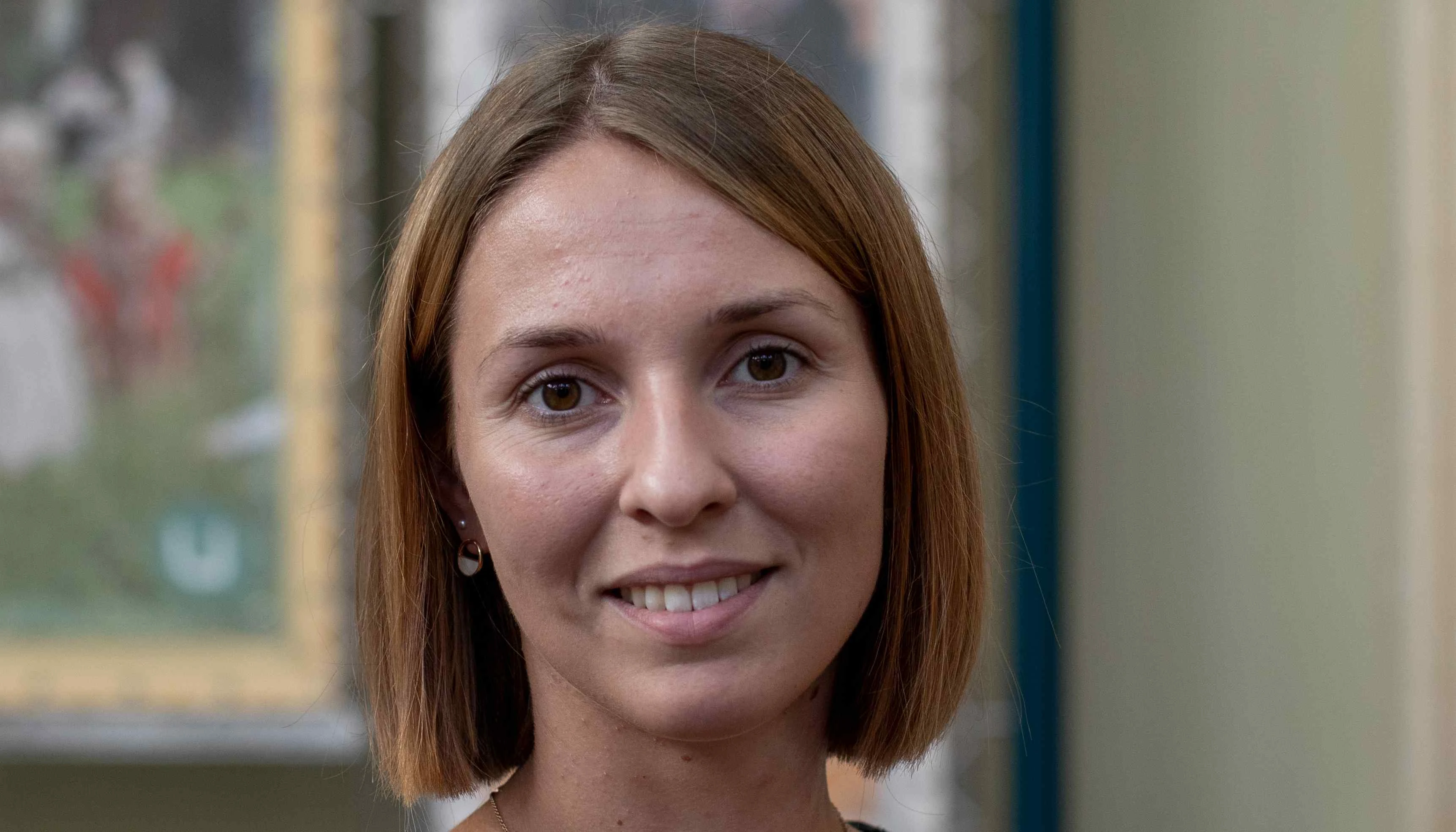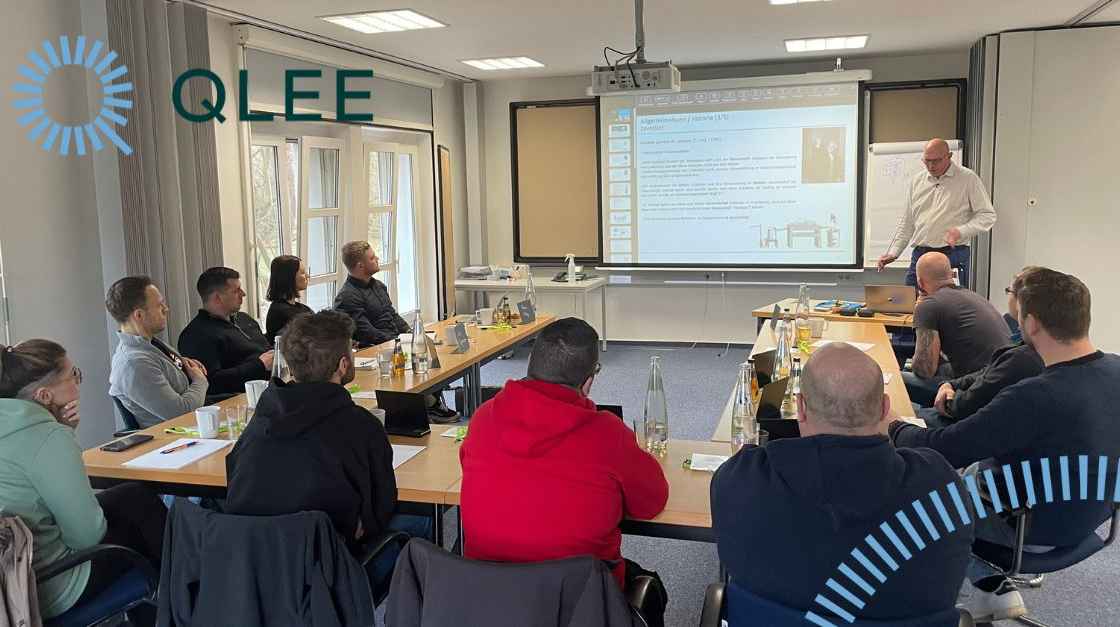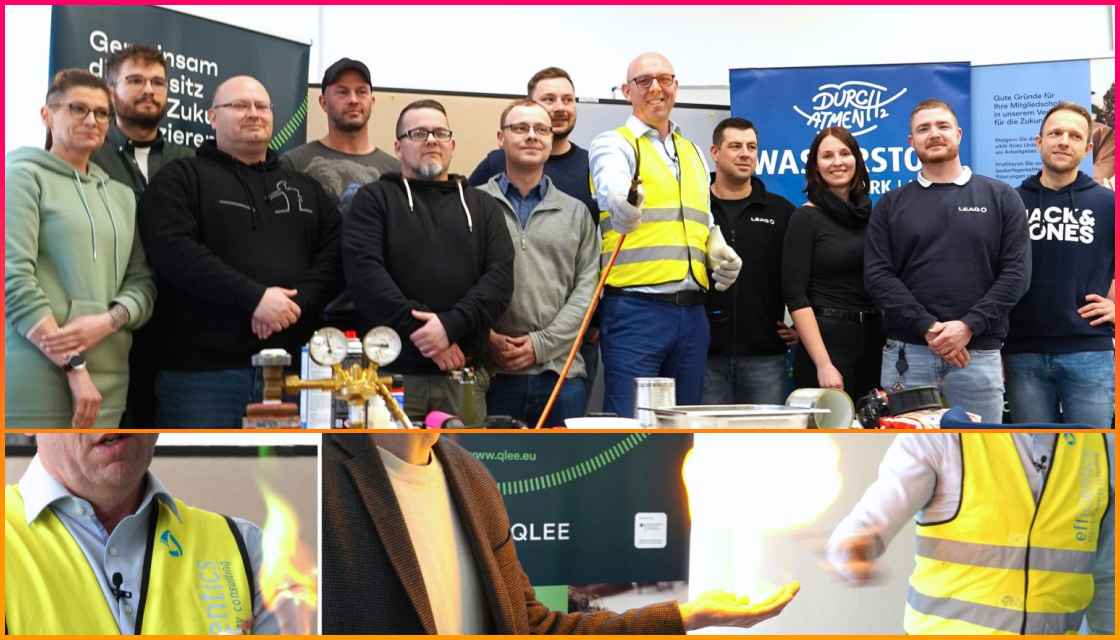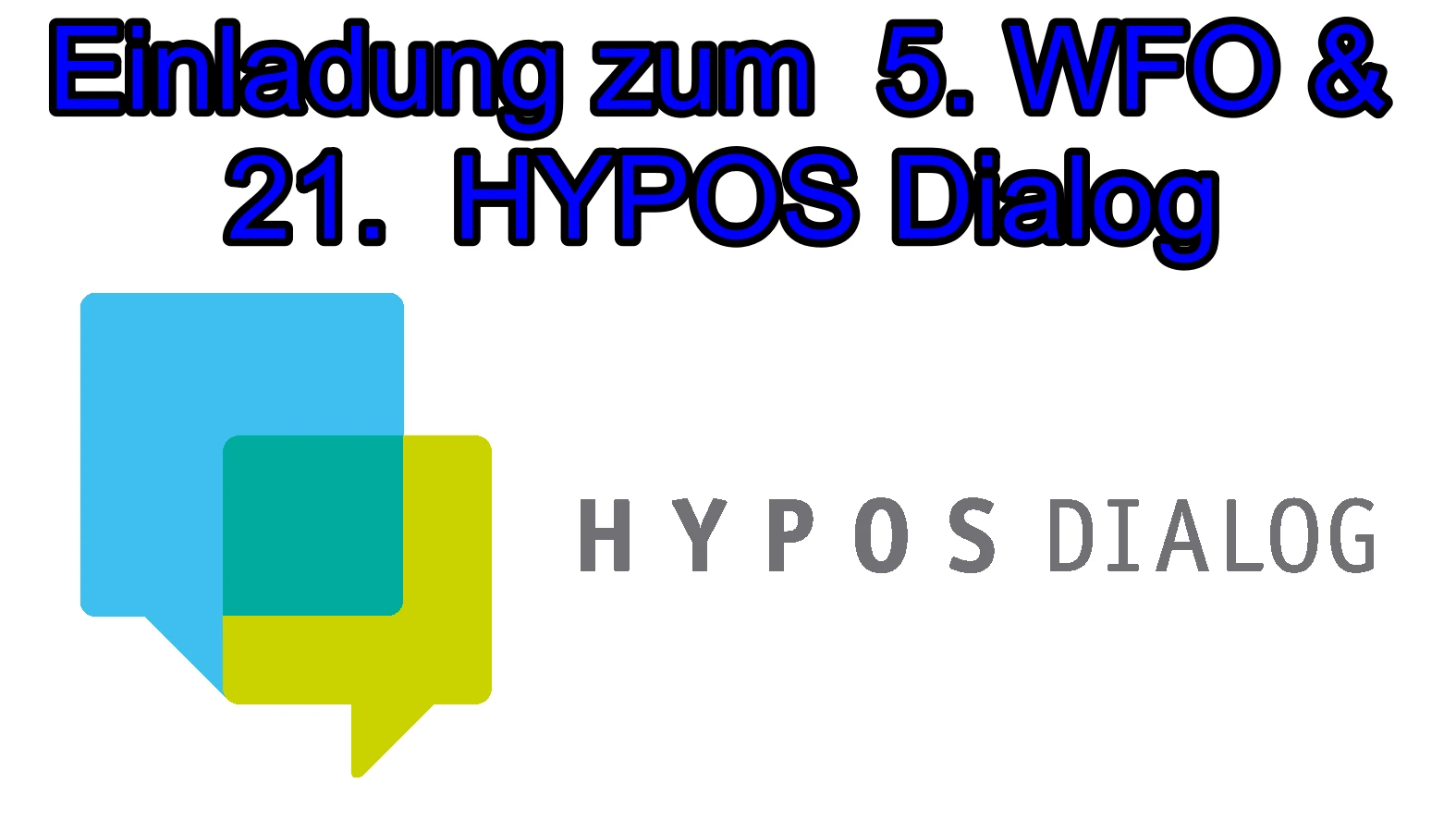structural development
1. Subject matter expert for hydrogen applications
- structural development
- Hits: 907
Hello!
Today we are introducing our long-time colleague Lisa Bergmann and some interesting facts about her new additional qualification, “technical expert for hydrogen applications” . We at ENO are pleased with her that she passed the exam - and that, in our focus on the future topic of hydrogen, we now have our first IHK-certified colleague in this field with this still young additional qualification for our numerous H2 activities at our company Page know!

Lisa, you are a project manager at ENO, are heavily involved in energy issues and are now a newly certified “technical expert for hydrogen applications”. You went to school at QLEE ... Congratulations!
To what extent is this knowledge important for your diverse tasks at ENO?
Thank you for your kind wishes. This knowledge is extremely important for my tasks as a project manager at ENO. ENO is heavily involved in energy issues and actively pursues the development and implementation of sustainable energy solutions for the region. Hydrogen plays an increasingly important role, especially in the context of decarbonization and the transformation of the energy system. As a subject matter expert for hydrogen applications, I can now help develop innovative projects and strategies that advance the use of hydrogen and contribute to achieving our energy goals.
Hydrogen is a science in itself. What did you learn in the two weeks?
I actually have two very intensive and instructive weeks of training behind me at the LEAG in preparation for the IHK exam to become a specialist in hydrogen applications . Over the two weeks we covered a wide range of topics ranging from the basics of hydrogen technology to advanced applications. At this point, many thanks again to lecturer Christians Machens for the technically sound and clear teaching units.
In addition to the general basics and the physical and chemical properties of hydrogen, we have dealt extensively with the various methods of hydrogen production, including the different options for electrolysis, steam reforming and pyrolytic processes. The advantages and disadvantages as well as the efficiency of these methods were also discussed.

Another focus was on the challenges and technologies related to the storage and transport of hydrogen. Here we looked at compression, liquid hydrogen and solid storage, as well as pipelines and filling station infrastructure for hydrogen transport.
Finally, we looked at the diverse applications of hydrogen, from fuel cell mobility to industrial use to the integration of hydrogen into the energy system as energy storage and for decarbonization.
Hydrogen is considered the energy source of the future - but there are still many question marks. Have you come a little closer to the solutions in the course (current challenges in production and transport, for example)?
The course definitely helped us to better understand some of the existing challenges associated with the hydrogen economy and to develop solutions. In particular, the discussions about the efficiency of hydrogen production and the infrastructure for hydrogen transport have contributed to broadening our perspective and developing new approaches to integrating hydrogen as an energy source.

Lisa's class - she is the woman in 3rd position on the right in the picture / below: The fire show
The “fire show” on the penultimate day of the seminar was particularly exciting. After the many theoretical units, we were able to experience the properties of hydrogen in practice, especially in terms of flammability and explosiveness. However, the various experiments have shown that hydrogen is no more dangerous than any other fuel gas that has been used in industry and everyday use for many years. Of course, hydrogen poses a certain potential risk, but with the necessary technical knowledge, hydrogen can still be managed.
Last but not least, new contacts were made and expanded with the participants, all of whom are LEAG employees, during the course. LEAG is one of the big players when it comes to energy in our region and will continue to play a major role in the transformation away from lignite-fired power generation towards renewable power generation.
The next H2 Forum is coming up ( few places left - register here - free of charge) - what can participants look forward to?
Participants can look forward to exciting lectures and discussions on the topic of hydrogen: These sessions are on the plan:
1: How to get started in your own environment with project planners/developers, funding and qualification measures
2: How does hydrogen production succeed and what new business areas arise from biomass or biogenic CO2?
3: What do you use the hydrogen for? Application & best practice from agriculture, H2 CHP and waste heat utilization
Thank you for the conversation, dear Lisa – we’ll see you at the WFO at the latest!
Are you interested in hydrogen? We do too - and we invite you!

The 21st HYPOS Dialogue and at the same time the 5th Oberlausitz Hydrogen Forum focus on decentralized energy production and supply with hydrogen. Industry and commerce are faced with the challenge of gradually defossilizing the processes using renewable energies and hydrogen. The key sectors in the Görlitz district have little time to take advantage of the economic opportunities arising from the energy transition and remain competitive. Agriculture can be one of the main beneficiaries in terms of land use, hydrogen production, biomass and waste heat use.
In three steps, participants will learn how to develop project ideas with the right partners and, against the background of best practice projects, how to avoid errors and achieve rapid implementation prospects. In three sessions, competent actors and experienced people along the value chain will provide information about the current state of technology, the appropriate products and services as well as funding potential and qualification offers.
- Session 1: How to get started in your own environment with project planners/developers, funding and qualification measures
- Session 2: How does hydrogen production succeed and which new business areas arise from biomass or biogenic CO2?
- Session 3: What to use hydrogen for? Application & best practice from agriculture, H2 CHP and waste heat utilization
The preliminary program planning can be found here .
Registration is open until April 29, 2024 here possible. Participation is free of charge. The 21st HYPOS Dialogue will be held in cooperation with the development company Niederschlesische Oberlausitz mbH. If you have any questions, please contact Ms. Arnholdt at

